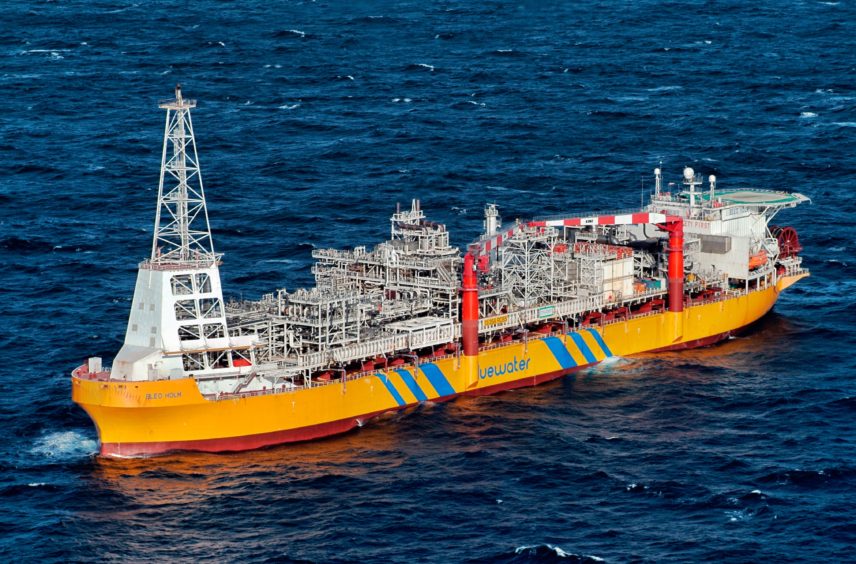
A tribunal has ruled against Repsol Sinopec Resources UK (RSRUK) in a £5million decision on its North Sea emissions.
Mechanical failures on the Bleo Holm FPSO and an EU decision on Brexit has led the operator to become embroiled in the dispute with the UK Government.
RSRUK has lost its appeal against a notice from the Department for Business, Energy and Industrial Strategy (BEIS) which ordered the return of £3.3m worth of EU greenhouse gas permits for the Bleo Holm vessel, which it had received beyond its entitlement.
An investigation by regulator OPRED found that an unreported mechanical failure on the Bleo Holm had reduced its capacity, meaning RSRUK received more permits from 2013 – 2017 than it should have.
In March BEIS, which oversees OPRED, issued the notice to recover the excess permits.
However, RSRUK argued this was “unlawful” as it failed to “net off” a 2million euro cost (£1.6m) RSRUK had already faced due to an earlier decision by the EU Commission, arguing it should pay the difference instead of full price.
In December, three months before the notice, the EU Commission decided to suspend the Emissions Trading Scheme (ETS) policy to give free permits to UK operators due to Brexit uncertainties, meaning RSRUK had to buy the permits for 2018 it had expected to receive for free, worth £1.6m.
A tribunal at the General Regulatory Chamber, which deals with decisions of UK regulators, has dismissed RSRUK’s appeal and their argument that the cost of the returned permits should have been offset against those they were meant to receive for free.
An RSRUK spokesman confirmed the company is preparing a further appeal.
Judge Alison McKenna said the regulator had no power to “net off” the allowances as RSRUK suggested.
She also said that the tribunal itself did not have power to rule on RSRUK’s other points of appeal – that BEIS had “misinterpreted” the EU Commission decision and claims that property rights had been breached.
Victim of unfortunate timing
Simon Tilling – Burges Salmon
The judge said she “sympathised with Repsol’s difficulty” on the Commission’s decision but RSRUK would need to “litigate this issue elsewhere”, such as the European courts.
In her ruling, she added that BEIS had also expressed “concern” over the decision to suspend the policy for UK operators and said the UK Government is in “ongoing discussions” about lifting it.
She agreed with BEIS’ assessment that if the permits had been netted off, and the EU suspension was later lifted, RSRUK would essentially be receiving the allowances twice.
Simon Tilling, partner and head of environment at law firm Burges Salmon said RSRUK had been the “victim of unfortunate timing”.
He added: “The tribunal may have sympathised with Repsol, but its hands were tied: it could not imply into the regime a degree of discretion on ‘netting off’ when it was not provided for in the regulations.
“There was nothing that Repsol could do to mitigate or prevent the EU’s decision to suspend the free allocation of EUA (Emissions Trading System allowances) and, in that respect, it was the victim of unfortunate timing.
“It is to be hoped that few other UK EU ETS operators find themselves in similar circumstances, however business cannot expect the courts to step in where the uncertainties and legislative gaps created by Brexit produce unintended consequences.”
